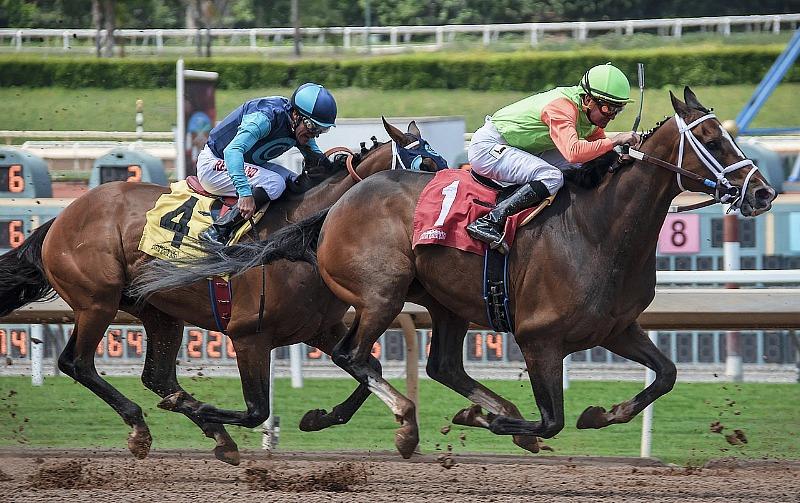
The sports betting industry is one of the newest businesses to exist in the United States. With the Supreme Court striking down the Professional and Amateur Sports Protection Act of 1992 in 2018, the longest that any state has had legalized sports betting is just over five years, with Delaware having accepted the first legal sports wager on U.S. soil on June 5, 2018.
History of sports betting in the United States
Several states followed suit, but many are still weighing the benefits versus the detriments of sports gambling. As of today, 34 states have legalized sports betting in some manner, whether it be through online and mobile apps, in-person retail bets, or both. Washington D.C. allows both within its borders as an independent territory. According to nvbetting.com — Maine, Nebraska, and Vermont — have proposed legislation still pending that would legalize sports betting under their jurisdictions. That leaves 14 states where sports betting is still completely barred.
For those states that have legalized sports betting, the results — at least financially — have been indisputably positive, with markets quickly blooming and growing exponentially after. States new to sports gambling typically see outrageous growth through the first three years of hosting the new market. Then, as the market matures and operators cool off on their branding and outreach efforts, growth slows but the industry remains vastly profitable.
The new, old sports betting market in Nevada
Technically, Nevada is the first state to legalize gambling, with its casinos taking wagers on sporting events since 1931. By that measure, Nevada should be the most mature sports betting market in the entire United States. Of course, the retail sportsbooks in its infamous casinos are quite different from how sports gambling is patronized and operated today.
While the state of Nevada began taking online bets in 2010, the country officially legalizing sports betting for all states and not just the grandfathered state of Nevada still brought a boom to the market. With sports gambling legitimized outside of Nevada, new sportsbooks and operators sprouted up and flooded into the country, including the established state of Nevada. Those who lived in Nevada but outside of Las Vegas and didn’t want to make the drive may have been able to cast online wagers since 2010, but it wasn’t until 2018 that sports gambling received national attention, and many eligible bettors likely didn’t join the bandwagon until after the Supreme Court’s decision.
Sports betting market is still growing in Nevada
As such, despite having legalized sports betting for nearly a century, the market is still growing in the state of Nevada. In July 2023, the state cracked the top three in the country for the highest reported total handle at over $408 million.
That figure edged out fourth-place Pennsylvania by a wide margin, which handled $338.4 million for the month. In fifth place was Massachusetts, a relatively new market that cracked the top five with over $296 million handled by its operators. The only two states that edged out Nevada were the two largest sports betting markets in the U.S., New York and New Jersey, whose sportsbooks handled $966.5 million and $587 million respectively.
July was a turnaround month for the state of Nevada, as they saw little to no growth in the months leading up to it. While the handle dipped year-over-year, the revenue saw a stark increase. In July 2022, Nevada operators handled $479 million and drew in $18.5 million in revenue. In 2023, the handle dropped to $408.2 million, a 15 percent fall, but the revenue shot up to $25.2 million, a massive 36 percent jump.
Despite having legalized sports betting for nearly ten decades, it appears that the state of Nevada is garnering new bettors every day with the new sports gambling market.



















